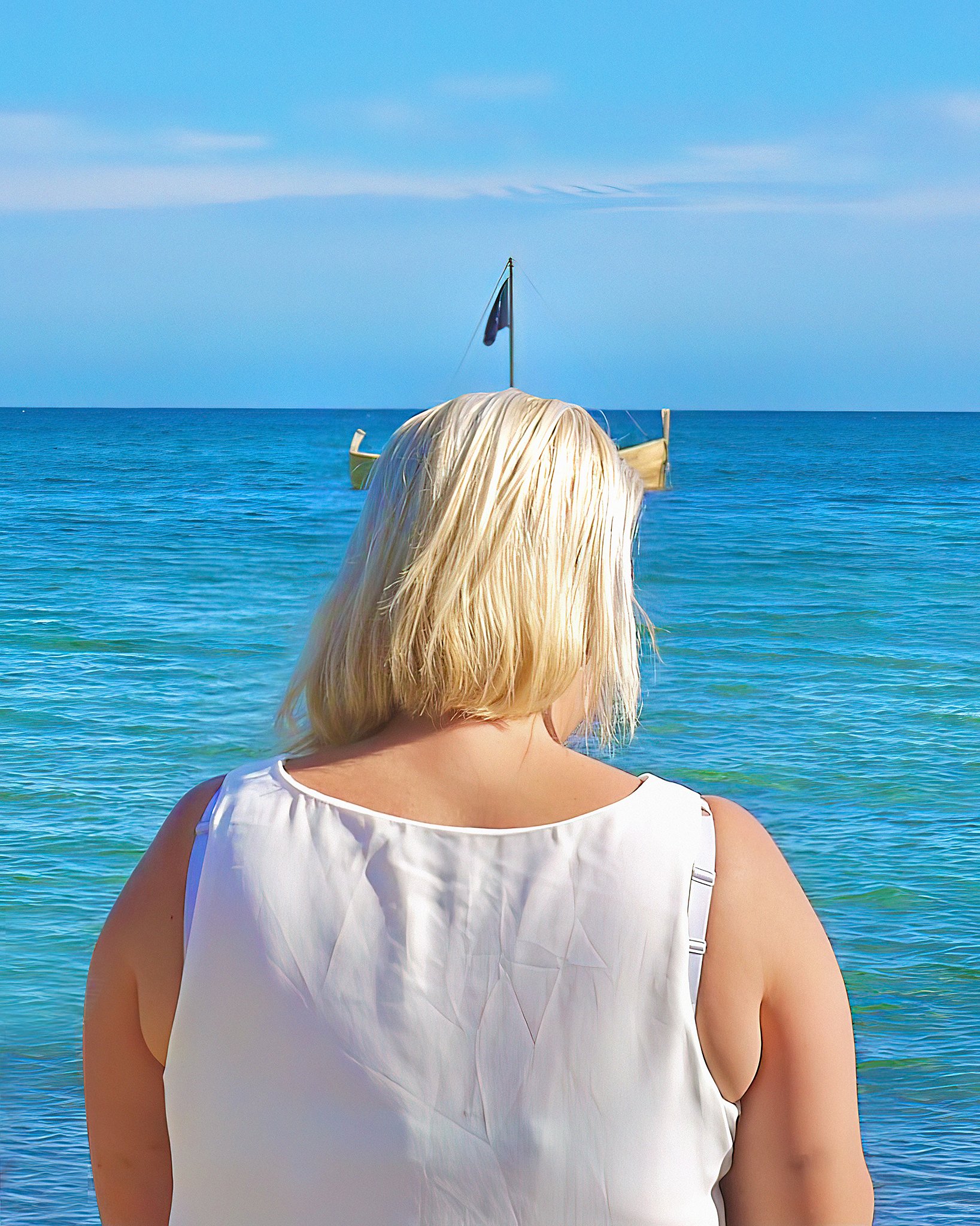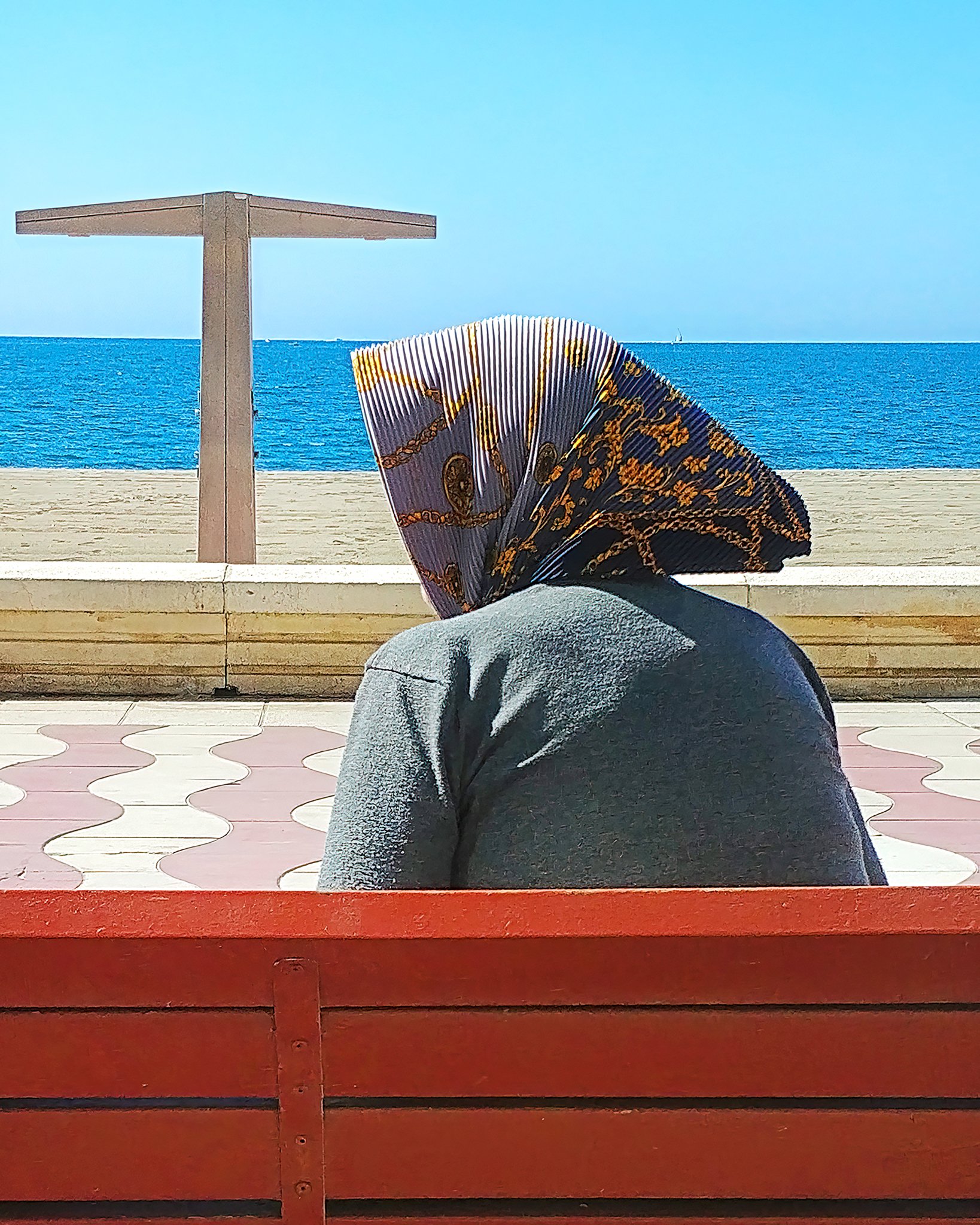Circus
A multitude of photographers around the world have wondered how the precise moment of shooting is chosen in the act of photographing. For Cartier-Bresson it was when the geometric composition matched the strong lines, especially the golden ratio and this in turn with the action that takes place. For Capa it was when feelings surface on the face and especially in the look and gesture. For Webb when the scene as a whole reflects a harmonic chaos within a range of colors and shadows. For Leiter or Hopper when the urban loneliness of the individual was accentuated. And we could continue like this in a long list of authors.
"Nothing is true or false, everything is according to the color of the glass through which it is seen." Said the Spanish writer Ramón de Campoamor more than a century ago. And each author has his crystal and his color. If we shoot at 1/500 we have photographed a certain hundredth of that scene, if we choose one objective or another we are going to give one narrative or another to the snapshot. Thousands of 360o circles make up an infinite sphere in which a single circle and with a certain number of degrees is chosen as the point of view at a single instant. Of all the hours of the day, we will probably select the one that contains the most appropriate light. , of all the possible characters that are in that scene we will choose only the ones that we consider most appropriate, and even so, we will do it at that exact moment. Finally we will determine the right moment of the frame, where characters, diagonals, textures or colors will help to solve the final composition.
The photographic act requires a precise and multifactorial moment that gives the photograph the narrative chosen by the photographer. There is no more secret. Cassinello rarely uses wide angles, this is an easy resource in street photography. Extraordinarily dramatic. Why did Cassinello give it up? Because he uses plane compression, the mother technique of superimposition and juxtaposition. The different layers merge, increasing the contrast between everyday objects and characters fused into a narrative where objects, people and backgrounds overlap in total complicity.
From this point of view, the precise moment occurs when the overlapping of layers and understanding reinforce the surrealism of his gaze, turning small everyday stories into authentic and personal narratives that stand out from normal life even though they are perfectly real scenes. On the other hand, it uses the Mediterranean light that determines a special color and definition and that gives different qualities, from the creaminess of winter, to the strong contrasts of summer or the ethereal blurring of spring and autumn.
In summary, Cristóbal squares the precise moment in the general framework of the Mediterranean light, from a rather closed angle, compressing the layers of the image in a juxtaposed manner and at the moment in which the scene confers a surreal aspect or an alternative look and free to the everyday events and places that we pass by every day without paying more attention, but for Cassinello they are the visual material to build his beautiful parallel worlds.
Eternal Youth
Ronald
Cristóbal Carretero Cassinello has lived in Almería (Spain) for more than 25 years, professor of economics, photographer and graphic designer. Graduated in Business Sciences from the UAL and Graduated in Business Administration and Management (ADE) from the UMH. Self-taught photographer since 2017.
His work has been exhibited in different countries around the world, including international photography centers such as the Los Angeles Center of Photography, New York Art Center, and the Portuguese Center of Photography. Cristóbal has won numerous photography competitions, including the Lensculture Home 21 Awards 2021, Creative Photo Awards 2021 | Siena Awards, and Moscow International Photography Awards MY FA. 2021, among others. His work has also been published in online editions of magazines such as Vogue, National Geographic, Musee Magazine, and Street Photography Magazine.











